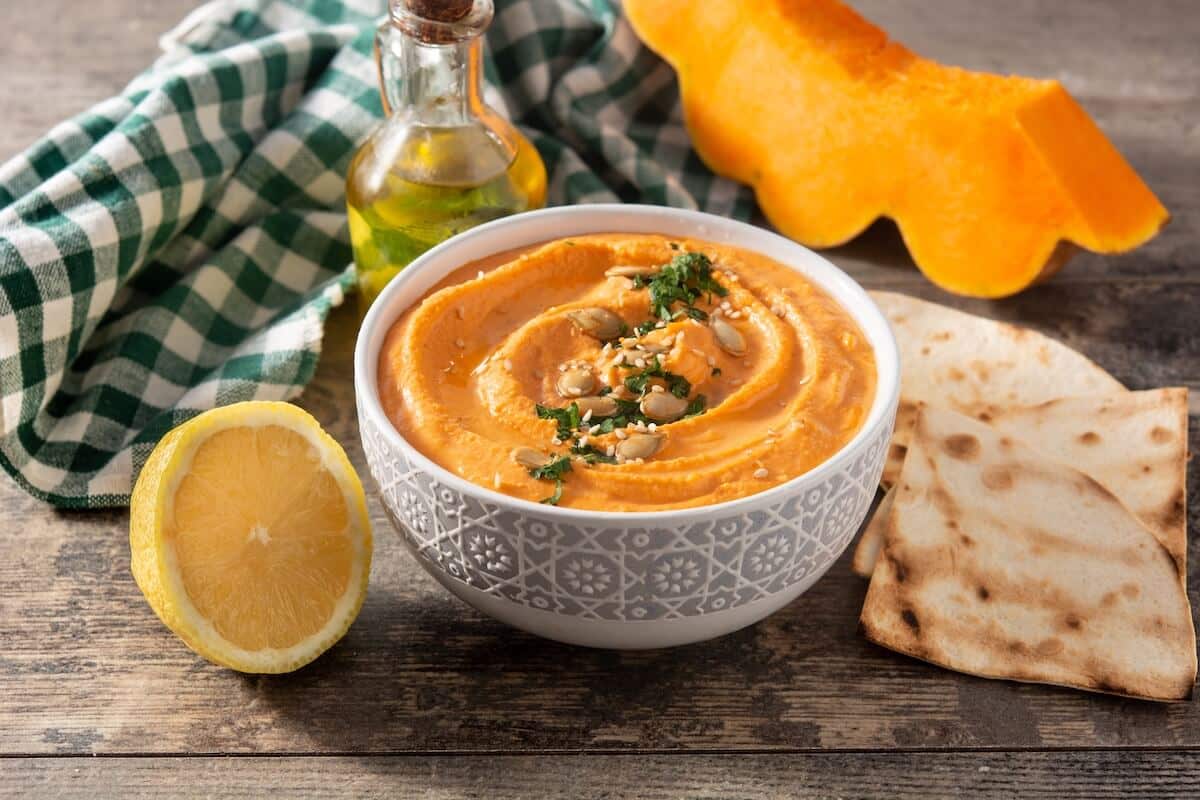Five Mindfulness Practices to Start Today for Enhanced Well-being

By Reva Schlanger MS, RD
Lately, the term mindfulness has been ubiquitous. We throw that word around a lot, but how many of us actually know what mindfulness means or how to apply it to daily living? Simply put, mindfulness is the ability to stay in the present moment and focus our thoughts on what is happening in the here and now. It’s our ability to not think about the past or future but instead to observe what is happening in the moment. Sounds simple enough, however many people find achieving a state of mindfulness extremely difficult. Unfortunately, in today’s world we are bombarded with distractions that take our attention and focus elsewhere. Many of us are addicted to technology and have less ability to focus our attention for a long period of time. This is a problem as it inhibits us from practicing mindfulness and slowing down. There are many positive benefits like reducing anxiety and depression, relieving chronic pain, improving sleep, and reducing stress. Ultimately, it can help us cultivate to lead happy and meaningful lives centered in the present. If mindfulness has been a goal but seems daunting, here are some five simple practices to start today!
-
Practice gratitude
This practice can take about 5 minutes of your day but have lasting benefits. When we practice gratitude, we must focus our attention on the positives in our lives, in the present moment. It helps bring the good stuff to the forefront of our mind so that we can come back into the now moment, instead of worrying about the future or ruminating over the past. By focusing on the positive, we can become more present and available to create a more positive future. To start off, list 5 things you are grateful for in this moment. It can help to write it down in a journal and allow you to come back and reflect over it at a later time.
-
Fire up your five senses
One of the simplest ways of staying mindful is to bring your attention to the present moment. Stop what you are doing for a moment and observe what is going on around you. What noises do you hear? What scents do you smell? What does the air feel like? What are others around you doing? Wherever you are, whatever you’re doing, put your full attention there and observe it through your five senses for a few moments to practice bringing your mind to the now moment.
-
Check in with your body
Our bodies function daily without our participation. Think about it, we breath automatically, our heart beats continuously and bodily functions happen regardless of what we do. Our body does try to communicate with us by sending us messages through sensations in the body. Take a moment (or two) to check in with your body. What do you notice? Where are you holding tension? Do you have aches or pains? Are there places you feel worse than others? Brining our attention to our bodies can help realign our attention to the present and connect us to the information needed to take better care of ourselves.
-
Focus on your breath
Another access point to bringing our attention to the moment is by focusing on our breath. The breath is happening with or without our conscious awareness, but by bringing our attention to our breath we can help our mind focus. Notice how you are breathing. Is it shallow or deep? Take five deep belly breaths and focus your attention on your inhale and exhale. Repeat that three times and practice it multiple times during the day.
-
Mindful Eating
Another time to focus on the present moment is when we eat. Most of the time we aren’t paying attention to the food we eat because we’re eating at our desk, watching a show/movie, or reading while we eat. But research has shown that when we eat with more mindfulness, we digest our food better which helps get more vitamins and minerals and aids in overall digestive health. It can also help us with pacing and taking the time to enjoy our food and feel satisfied.
So next time you sit down for a meal, put down the phone, chew your food mindfully and notice how you eat. Do you eat fast or slow? Do you chew your food or inhale it? What does your food taste like? If this seems like a daunting task, it may be time to reach out to a Registered Dietitian for help. Here at Laura Cipullo Whole Nutrition Services, we can help guide you towards a daily mindful eating practice.
References:
- Enkema MC, McClain L, Bird ER, Halvorson MA, Larimer ME. Associations between mindfulness and Mental Health Outcomes: A systematic review of Ecological Momentary Assessment Research.Mindfulness. 2020;11(11):2455-2469. doi:10.1007/s12671-020-01442-2
- Gilbert D, Waltz J. Mindfulness and health behaviors.Mindfulness. 2010;1(4):227-234. doi:10.1007/s12671-010-0032-3
- Cho H, Ryu S, Noh J, Lee J. The effectiveness of daily mindful breathing practices on test anxiety of students.PLOS ONE. 2016;11(10). doi:10.1371/journal.pone.0164822
- Warren JM, Smith N, Ashwell M. A structured literature review on the role of mindfulness, mindful eating and intuitive eating in changing eating behaviours: Effectiveness and associated potential mechanisms.Nutrition Research Reviews. 2017;30(2):272-283. doi:10.1017/s0954422417000154







